People Who Feel Deeply Unwanted As Adults Usually Had These 11 Childhood Experiences
Your upbringing and the sense of security your caretakers instilled in you makes a big impact in adulthood.
 Perfect Wave | Shutterstock
Perfect Wave | Shutterstock We all want to feel loved, but people who feel deeply unwanted as adults, whether or not that feeling is true, usually have a nagging sense that they are less than worthy because of formative childhood experiences. Like adults, every child wants to feel wanted and loved by their parents or caretakers.
As children, we rely on adults to comfort, protect us and be there in our time of need. Security and safety are a couple of the building blocks for having healthy attachments with others when we reach maturity. In an ideal world, no one would feel unwanted, but for many, there are childhood experiences that have impacted how they see things as an adult and that left them feeling unwanted by the people they cared about.
People who feel deeply unwanted as adults usually had these 11 childhood experiences
1. They never had their emotions validated
 kayla89 via Canva
kayla89 via Canva
Emotional intelligence is the ability to recognize, acknowledge, and respond to the emotions of yourself and others. It should really be a prerequisite to having children, but most adults are ill-equipped to understand their own innermost feelings, let alone someone else's.
Without these skills, some parents consistently fail to recognize, validate, or respond to their child's emotional needs. The child may feel invisible or unimportant and hold onto the perceived lack of worth into adulthood, where they might see the same behaviors in friends and partners and accept them as normal.
2. They were neglected
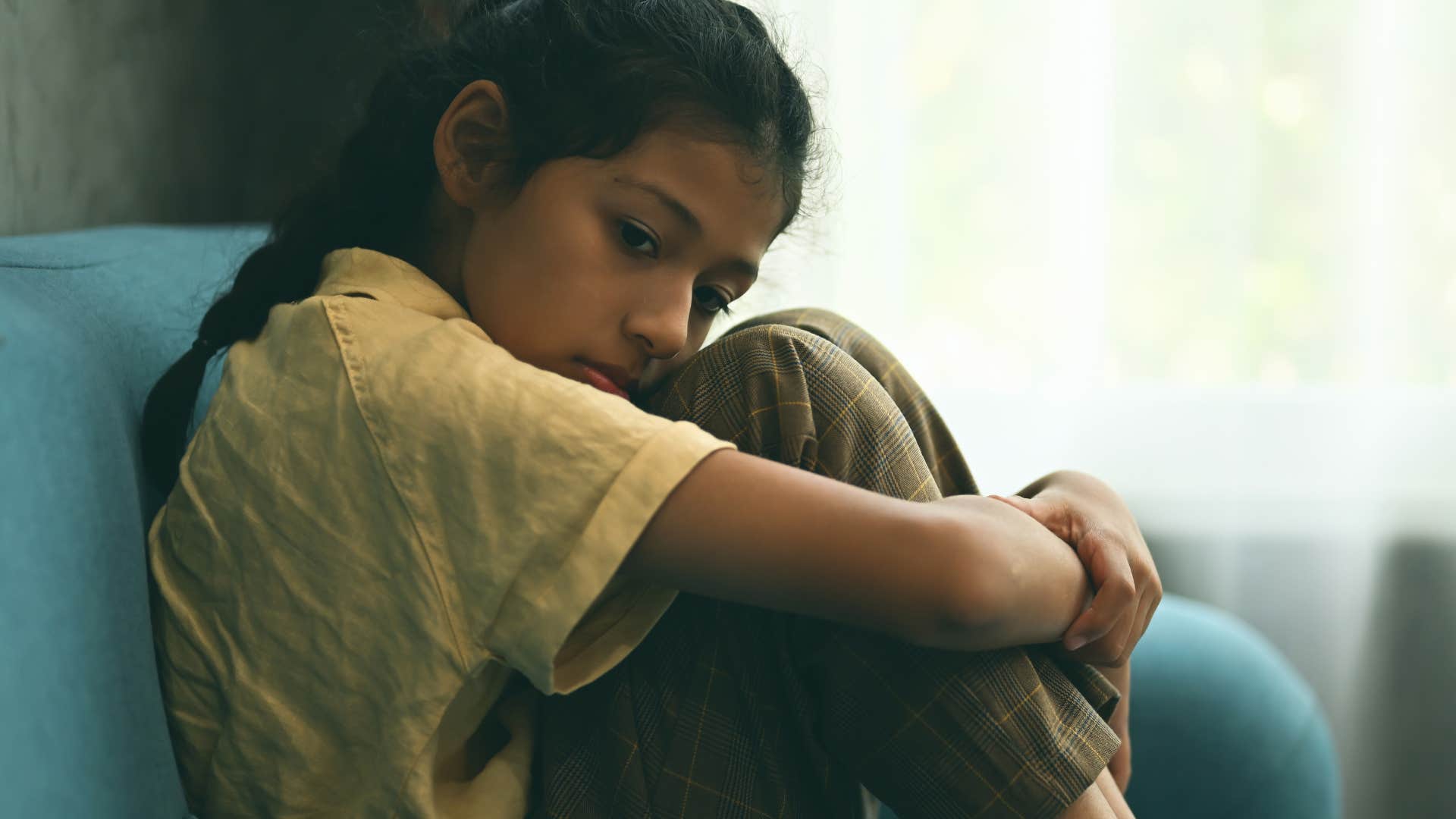 kayla89 via Canva
kayla89 via Canva
According to studies, when children are emotionally or physically neglected, their development is significantly impacted. This can lead to short-term and long-term negative consequences like cognitive and emotional delays or behavioral problems. Those neglected children also have an increased risk of developing mental and physical health issues later in life.
Children who did not receive consistent care, affection, or attention tend to internalize the belief that they are unworthy of love or attention from anyone. They expect to be abandoned at some point and might even unknowingly self-sabotage relationships to confirm that theory.
3. They were abandoned
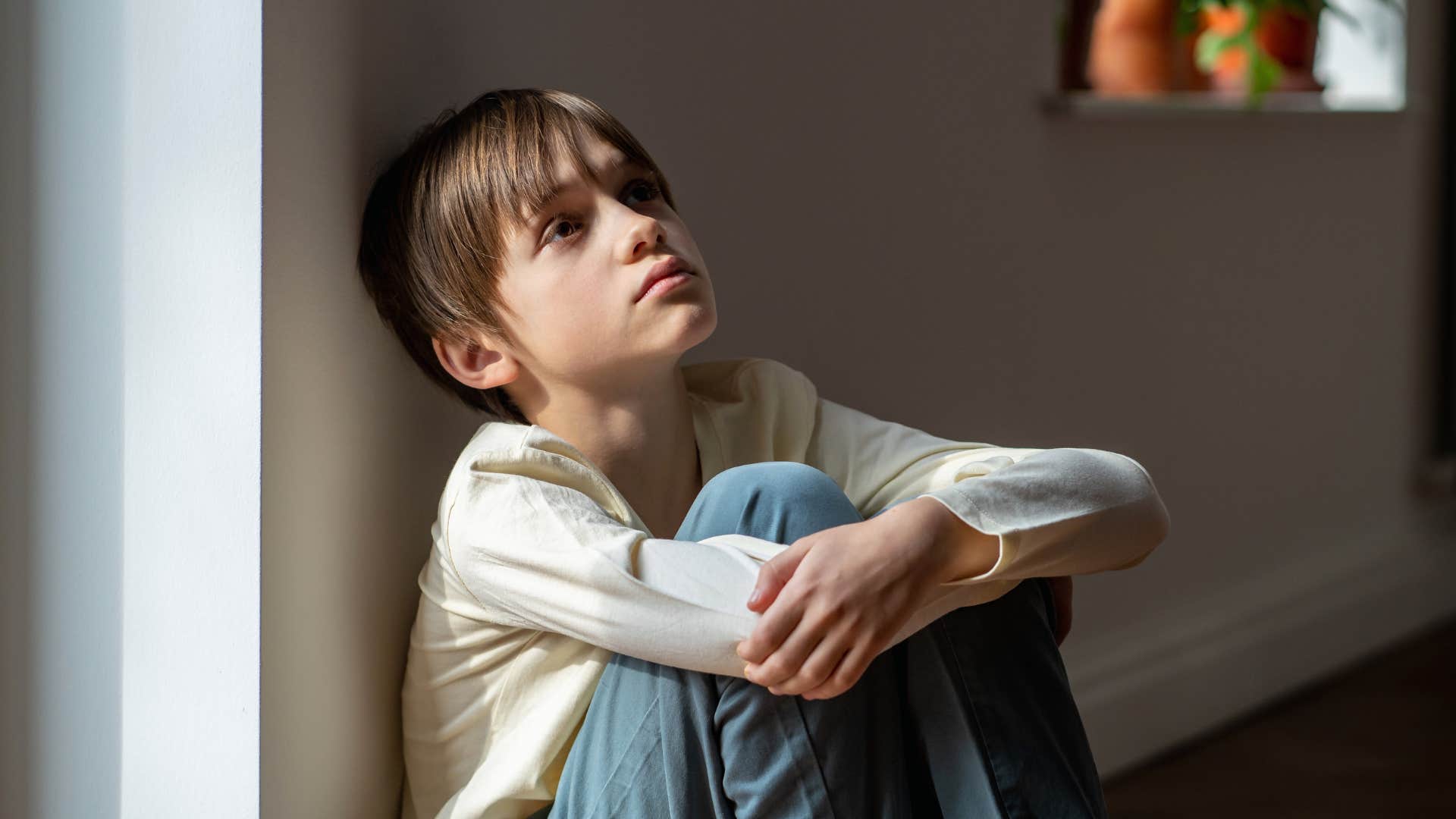 kayla89 via Canva
kayla89 via Canva
When the people we should be able to count on unconditionally leave our lives as children, the harm can be detrimental. Some parents decide that parenting is not for them or that they simply can't take care of the kids they created. If the children are lucky, they get placed with someone who can give them the love they deserve.
Still, that early abandonment often manifests as a fear of being left behind, hurt, or emotionally neglected. It can cause difficulties in forming healthy attachments and maintaining relationships. People who are waiting to be abandoned cannot be present in the relationship, as they are always playing defense.
4. Their caregivers were inconsistent
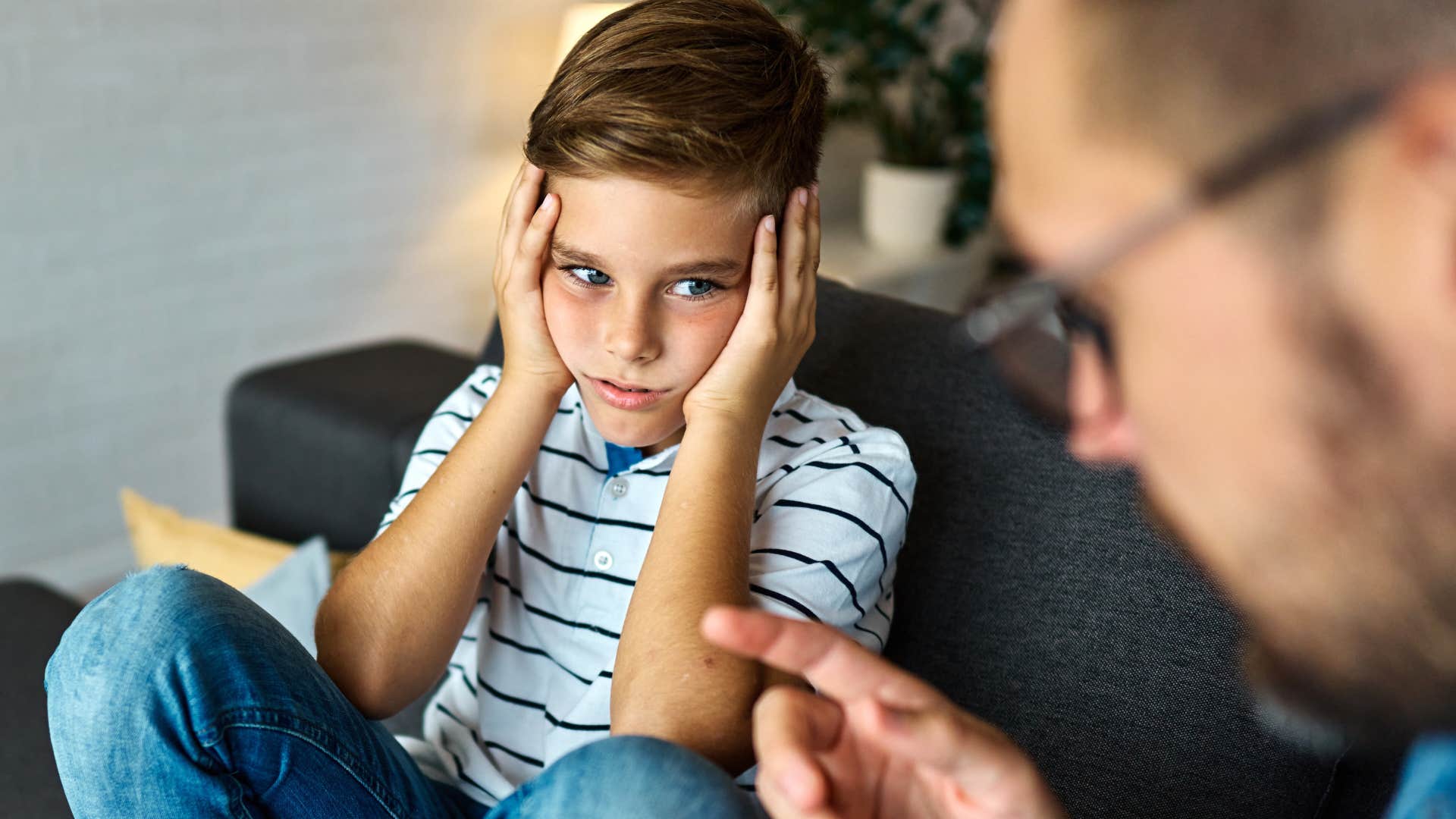 kayla89 via Canva
kayla89 via Canva
Someone I was very close to once talked to me about the emotional ups and downs caused by their father's inconsistency. He explained that he never knew if his dad would show up every other weekend or not. He would sit in the window awaiting his arrival, excited if he showed up, but down in the dumps when he did not.
The push-and-pull dynamic can definitely cause a child to feel unwanted or not prioritized. They never know what to expect, so their feelings are all over the place, and it's difficult for them to trust that anyone will ever show up as promised. This can be difficult to overcome as adults, and is a recipe for disaster in relationships.
5. They were criticized and compared to others
 kayla89 via Canva
kayla89 via Canva
There are parents out there who cannot see the good in their own children, but will praise others. They are very critical of everything their child does and never validate their positive attributes and behavior. This can even happen within the home, where one sibling is treated like the golden child while the other is the black sheep.
Regularly being criticized and compared to their siblings or other children can make a child feel like a disappointment. It creates an internal monologue that they are inadequate and undesirable. It also models behavior and sets expectations about how they will be treated as an adult.
6. Their attachment needs went unmet
 kayla89 via Canva
kayla89 via Canva
A child who securely attaches to their caregiver in early childhood has a healthy attachment where they feel safe, loved, and supported. Responsive, consistent, and sensitive parenting are the factors that determine whether an attachment is secure. This bonding period is important in a child's development. Without it, their emotional, cognitive, and social development could be hindered.
Securely attached children explore the world around them, form positive familial, platonic, and romantic relationships throughout life, and have an unbreakable sense of self.
7. Their caregiver had mental health issues
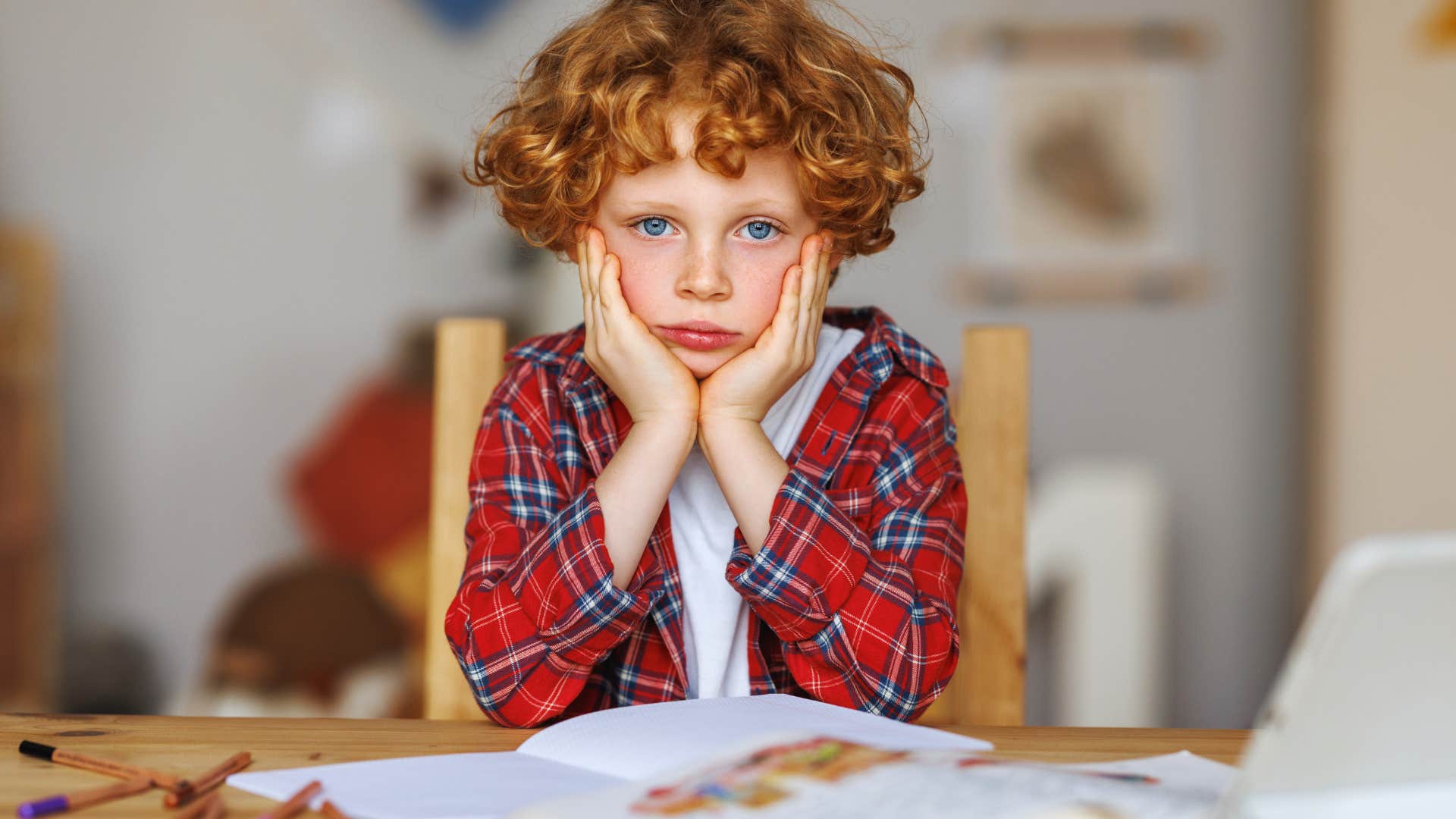 kayla89 via Canva
kayla89 via Canva
It's hard to be emotionally, physically, and mentally available for your kids when you are suffering from mental health issues. A parent who is consumed with depression, anxiety, or other emotional challenges will have a tough time making their children feel cared for.
These issues can engulf a person's life. Their little ones become an afterthought, if they are considered at all. This can make a child feel like a burden, and justify their abandonment in their head, which also leads to internalized shame and isolation later in life.
8. They only received conditional love
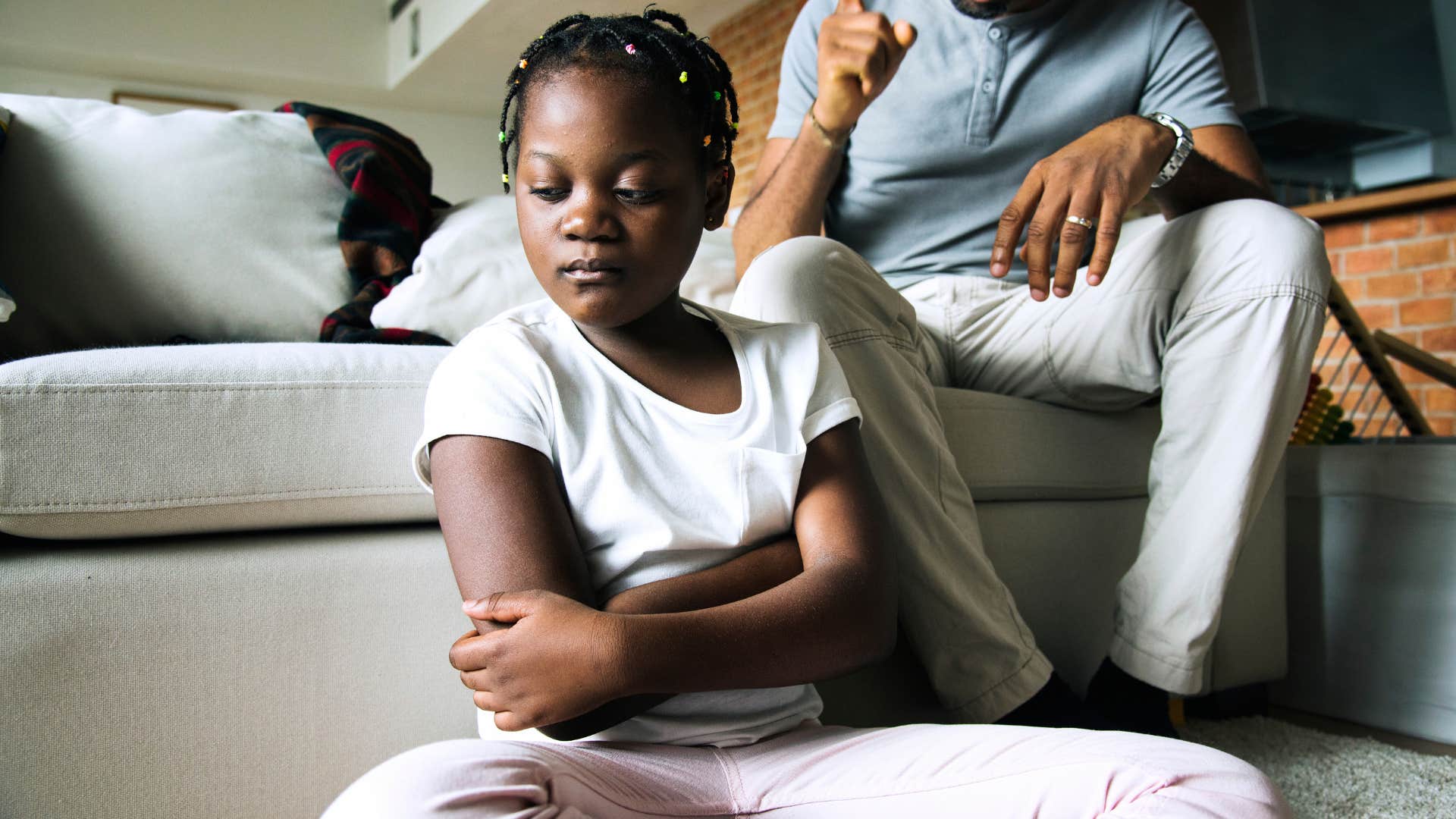 kayla89 via Canva
kayla89 via Canva
When we plan to have children, most parents vow to love them no matter what. Yes, we have high expectations and hope that our baby will be the most beautiful, intelligent, social, and loving person imaginable. But the reality is that kids are individuals. We bring them into the world, but it's up to them to decide who they are.
If a caregiver's love or approval is usually tied to what their child achieves or whether or not they behave as desired, it is conditional. Because they did not receive unconditional love and affection, children may fear they’re only valued for what they do instead of who they are, not who they are. As an adult, they might over-give and resort to people-pleasing to hang onto others.
9. They were exposed to family conflict or divorce
 kayla89 via Canva
kayla89 via Canva
Jay-Z once said, "No one wins when the family feuds." Children of divorced parents know this all too well. While adults who are in conflict focus on each other, whether negative or positive, the kids involved can be all but forgotten, leaving them afraid for the future and what might happen to them.
Even if the parents stay together, if they are always arguing and fighting, they tend to be preoccupied, and the children are left to navigate their complicated feelings on their own. Being exposed to frequent conflict and dysfunction at home or the experience of one parent leaving can confuse children. They might blame themselves or feel rejected.
10. They were bullied
 kayla89 via Canva
kayla89 via Canva
By now, everyone knows that bullying is terrible for the psyche of young people. While some see it as a normal part of childhood, bullying is never okay, and the consequences are detrimental to the victim. It impacts them mentally, emotionally, and even physically, if they are being attacked.
But the abandonment issues happen due to the social rejection that typically accompanies bullying. Being excluded or mistreated by their peers or other people outside the home only serves to confirm and reinforce the feeling they they don't fit in and are unworthy of inclusion.
11. They never had their identity acknowledged
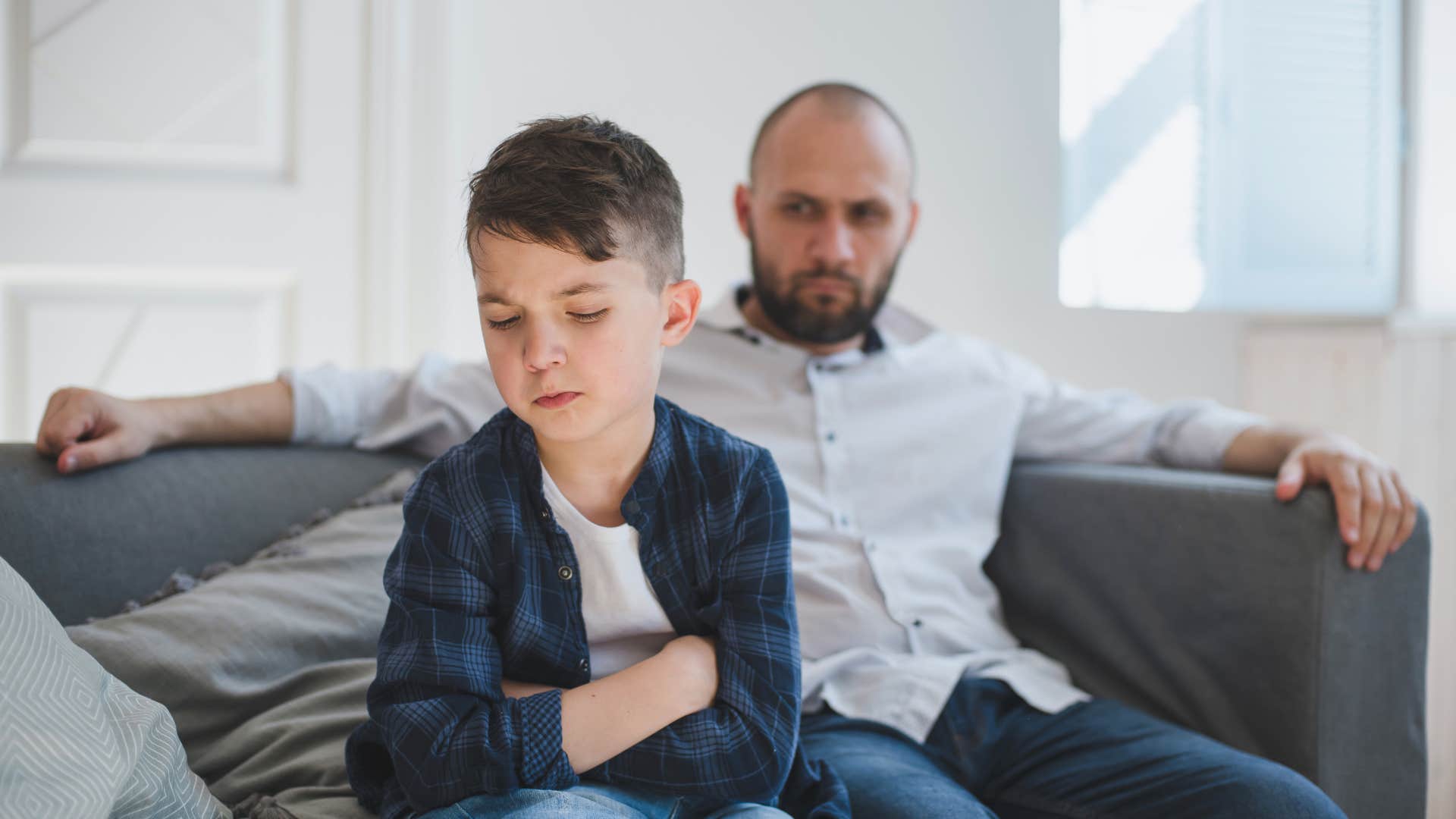 kayla89 via Canva
kayla89 via Canva
Every child has their own unique identity and path in life. Parents and caregivers with the wherewithal to let them grow and develop while providing a safe and nurturing presence provide the best opportunities for them to turn into adults who can securely attach.
On the other hand, if a child’s personality, interests, or identity is ignored, dismissed, or rejected, it can deeply affect their sense of self-worth and cause them to doubt who they are. They will lack confidence and spend their lives trying to gain acceptance from others, but fully expect to be left in the dust.
NyRee Ausler is a writer from Seattle, Washington, and the author of seven books. She focuses on lifestyle and human interest stories that delivers informative and actionable guidance on interpersonal relationships, enlightenment, and self-discovery.

